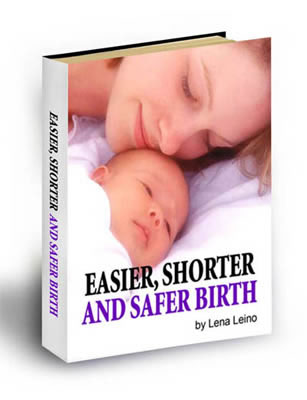Welcome to Pregnancy Guide
What Is To Be Done About Teenage Pregnancy Article
 . For a permanent link to this article, or to bookmark it for further reading, click here.
. For a permanent link to this article, or to bookmark it for further reading, click here.
You may also listen to this article by using the following controls.
Teenagers Speak Out - Statistics on Teenage Pregnancy
from:Seventy four percent of sexually active females between the ages of 15 and 19 have partners who are the same age or 1 to 3 years older. Twenty five percent of girls had a first partner who was 4 years older or more. Twenty percent of teenage mothers have a partner six or more years older. These statistics on teenage pregnancy are important because the younger the girl is when she begins to engage in sexual intercourse, the greater the difference in age between her and her partner; more importantly, adolescents with older partners are more likely to be sexually active on a consistent basis, less likely to use contraception, and much more likely to experience at least one unintended pregnancy.
Among adolescents between the ages of 15 and 17 who practice abstinence, 94% claimed that concern about an unwanted pregnancy was the major influence in their decision to wait to have sex. Of those girls who are sexually active and are between the ages of 15 to 19, the rate of pregnancy has declined, from 211.8 per 1000 in 1995 to 197.1 in 1998).
According to statistics on teenage pregnancy gathered by various studies, thirty three percent of sexually active adolescents between the ages of 15 to 17 are in relationships that move too fast sexually and at least 29% report feeling pressured to have sex. Twenty five percent of sexually active adolescents use drugs or alcohol during sexual encounters and 51% claim that they tend to do more sexually under the influence of these substances than they normally would do. Whether under the influence of drugs and alcohol or not, there are still many teenagers who do not engage in safe sexual practices. According to statistics on teenage pregnancy, one in five sexually active teenagers uses no method of contraception. A teenage girl who engages in sexual intercourse without using contraception has a 90% chance of experiencing an unwanted pregnancy within one year.
Forty eight percent of 12-17-year-olds claim that they desire more information about sexual health from health care providers. Indeed, according to statistics on teenage pregnancy collected by one study, only 6 in 10 sexually active 15-17 year-olds has ever seen a health care provider about their sexual health. Due to this lack of information, one unwanted pregnancy often leads to others; about seventeen percent of adolescents go on to have a second baby within three years after their first baby is born.
Statistics on teenage pregnancy illustrate that rates of teenage pregnancy are going down, however. The decrease in the adolescent birth rate has contributed roughly to 26% of the decrease in the number of children living in poverty, and to 68% of the decrease in the number of young children living in single family homes.









